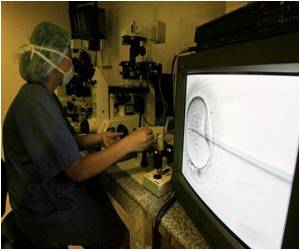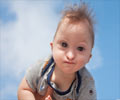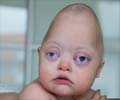
‘Getting cancer genetic counseling over the phone can be just as good as getting the same counseling in person, and can help to make cancer genetic services more widely accessible.’
Tweet it Now
All the women who took part in the study were at increased risk for hereditary breast or ovarian cancer. The researchers divided the women into two groups. One group traveled to meet in person with a cancer genetic counselor and the other received counseling over the telephone. Both groups of women received teaching materials and letters about their risk in the mail. With the women's permission, letters about their risk and how to manage it were mailed to their doctors. One year after their counseling, the study assessed how the women felt: their anxiety and cancer-related distress, and how much control and how informed they felt about their risk and medical recommendations. It also tracked how many women went on to get genetic testing. Both groups benefited similarly from genetic counseling.
"This study provides important evidence that telephone counseling is an effective alternative to in-person counseling," says Kinney. "It can help to make cancer genetic services more widely accessible, which is an important consideration in rural states like New Mexico. We hope that our study's results will help increase health insurance coverage of telephone counseling so that more cancer patients and their family members can benefit from potentially lifesaving cancer risk information."
Source-Newswise















